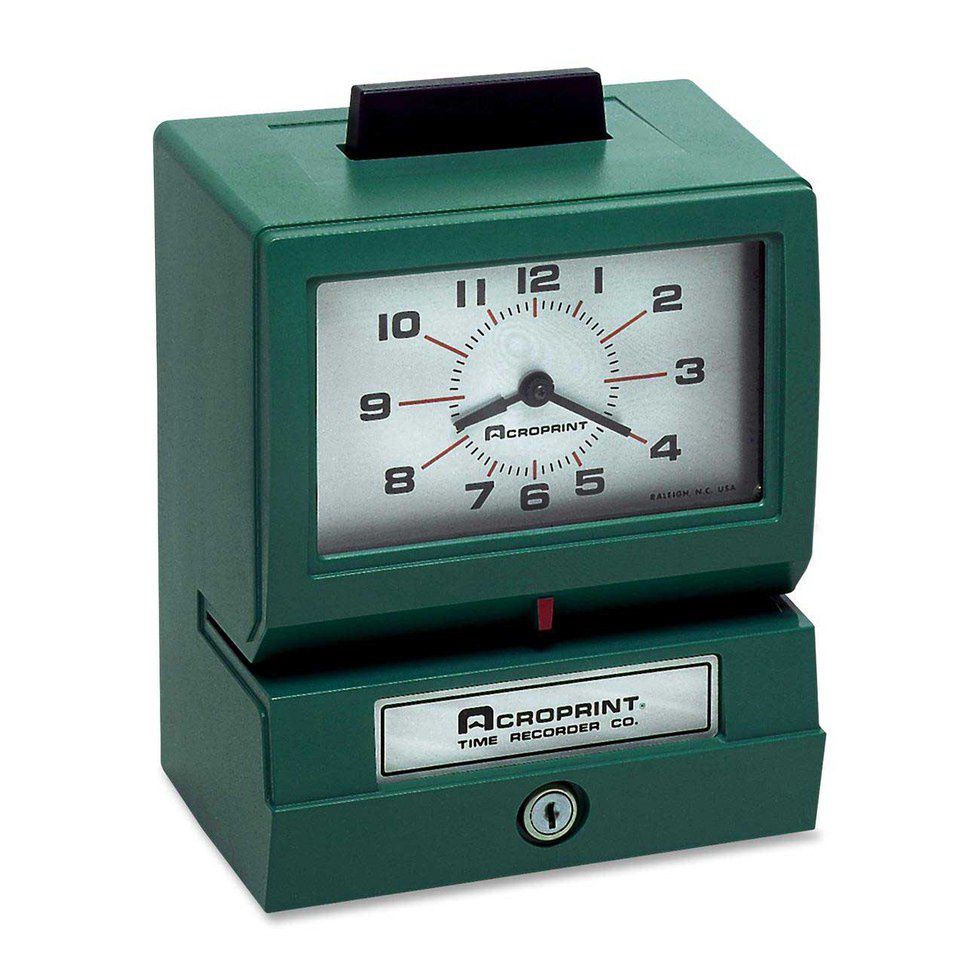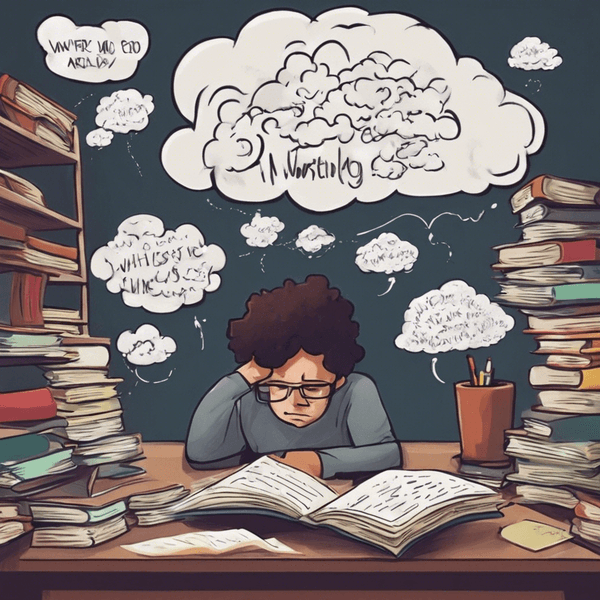Let’s be real for a minute. The majority of us out there spend a majority of our time at work. We see our co-workers more than we see our families or friends. We get to know them, we root for their successes and they become our work family. Being involved at a place for so many hours makes it easy to get burned out. Employees no longer want to go the extra step. So, why the sudden change? Here are five reasons why employees stop growing.
1. Longer hours, lower wages.
An average full-time worker in a retail environment will put in an
average of
47 hours per week at the job, meaning that the days of nine=to-five are
ancient history. Employers are working
individuals longer. Add the fact that the based off of information collected by
the Bureau of Labor Studies in 2015, the average range of pay was
$9 -
$10.60 per hour. With many companies breaking away from traditional management
positions, many retail workers find themselves taking on more roles without any
reward.
2. They put up with a lot.
Retail workers take on many roles, many of which employees did not know they would be taking on. You become a customer’s best friend, store cleanup crew, personal therapist, babysitter or even an emotional outlet for both customers and sometimes management. Is the customer having a bad day? You bet your bottom dollar you will hear about it. Management in a sour mood? You will feel the wrath. Rack that up with the amount of pressure to get your tasks done on time, and you are emotionally exhausted.
3. The environment can turn toxic, fast.
The moral of the store can easily be set by higher-ups. If they are having a bad day, their employees can feel the wrath of it. This leads to emotional stress because employees constantly have to walk on eggshells in order to keep their jobs. The bad day of someone higher up trickles down to their employees. It is hard to stay positive when you see your leader slacking off or being angry all the time. Morale is lowered in toxic environments when employees' skills are wasted, or lack of positive guidance from higher up.
4. Hard work is both rewarded and punished.
In an ideal world, an employee could climb the corporate ladder by hard work and dedication. However, in many retail environments, hard workers are rewarded with more hours and more responsibilities. This sounds great, right? Well, it actually is both a reward and a punishment. In a positive light, more hours means more money. However, many retail workers find themselves working more without respectable pay or a raise. Many find the increase of hours hard to balance with family life. Lazy or slacking workers are given less tasks, since management now trusts the hard worker to take on more tasks. Hypothetically, if employee A and employee B get paid the same amount and only A does the most work while B uses the time at work as social hour, it can seem completely unfair to A. This can lead to major bitterness.5. Recognition is often missing.
Coming up with new ideas to help the place you work is a great way to get noticed. However, not every job roots for the success of the employees. The hard work and dedication employees put in often goes unnoticed and taken for granted. Putting pride into your work only to have it brushed aside or for the focus to only be placed on what has not been completed can be completely heartbreaking. It can feel like there is not a reason to put in so much effort when it will just get passed by and ignored. Add all of this up and this a recipe for employee burnout.









 StableDiffusion
StableDiffusion StableDiffusion
StableDiffusion StableDiffusion
StableDiffusion Photo by
Photo by  Photo by
Photo by  Photo by
Photo by 
 Photo by
Photo by  Photo by
Photo by  Photo by
Photo by  Photo by
Photo by  Photo by
Photo by 











